Colonoscopy: What You Need to Know
*Disclaimer
The information provided on this webpage and it’s external links, is intended for general informational and independent research purposes only. It is not a substitute for professional medical advice, diagnosis, or treatment. Always seek the direct guidance of your physician or other qualified healthcare provider with any questions you may have regarding a medical condition. Do not disregard or delay seeking professional medical advice based on information obtained from this site.
What is a Colonoscopy?
A colonoscopy is a medical procedure that allows doctors to closely examine the inner lining of your colon (large intestine) and rectum using a long, flexible tube with a tiny camera at the end. This procedure is a key tool for detecting early signs of colorectal cancer, investigating symptoms like abdominal pain or bleeding, and monitoring ongoing digestive health issues.
Whether you’re preparing for your first colonoscopy or just want to understand the process better, this page will guide you through what to expect before, during, and after the procedure.
Why Colonoscopies Are Important
Colonoscopy is one of the most effective ways to prevent colorectal cancer. During the procedure, doctors can identify and remove small growths known as polyps, that can develop into cancer over time before they become dangerous.
Colonoscopy is also used to:
- Investigate symptoms such as:
- Chronic diarrhea or constipation
- Unexplained abdominal pain
- Blood in the stool or rectal bleeding
- Sudden changes in bowel habits
- Diagnose conditions like:
- Inflammatory Bowel Disease (IBD), including Crohn’s disease and ulcerative colitis
- Diverticulosis and diverticulitis
- Colon or rectal cancer
- Follow up on abnormal results from stool tests, imaging scans, or prior procedures
Who Should Get a Colonoscopy?
- Adults aged 45 and older are generally advised to begin regular screening for colorectal cancer, even without symptoms.
- People with a family history of colorectal cancer or polyps may need to start earlier.
- Individuals with personal histories of IBD or prior colon polyps may need more frequent screening.
- Anyone experiencing digestive symptoms such as unexplained bleeding, persistent changes in bowel habits, or unexplained weight loss may be referred for a diagnostic colonoscopy.
Preparing for Your Colonoscopy
Proper preparation is essential for a successful colonoscopy. A clean colon allows the doctor to get a clear view.
Here’s what to expect:
- Bowel Prep:
You’ll be asked to follow a clear liquid diet the day before your procedure and drink a prescribed laxative solution to empty your bowels. This may involve splitting the dose between the evening before and the morning of the procedure.
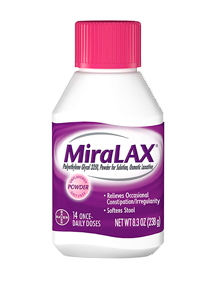
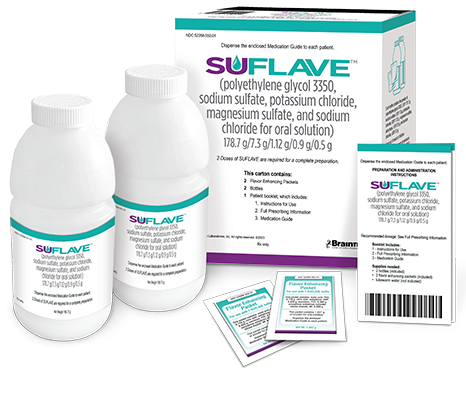
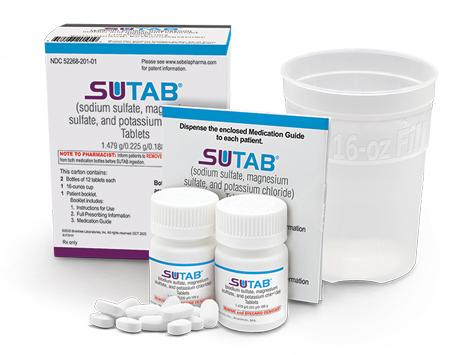
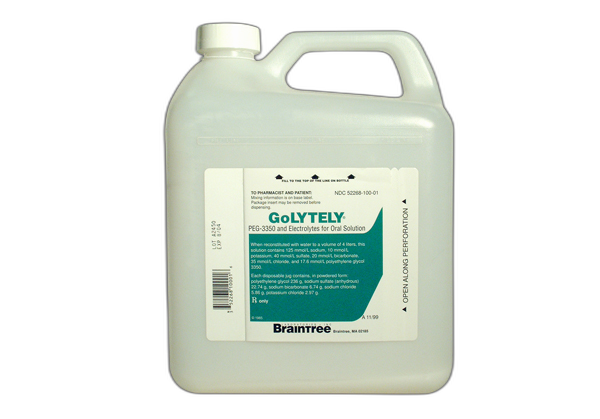
- Diet Instructions:
Avoid solid foods and red or purple liquids the day before. Common clear liquids include water, broth, apple juice, sports drinks, and gelatin.
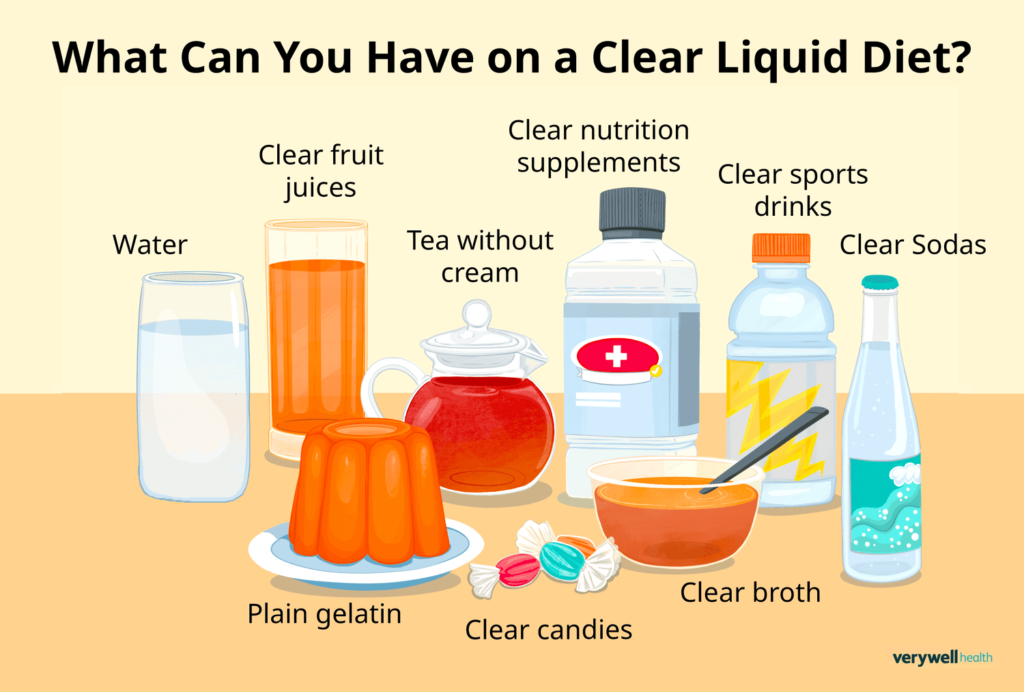
- Medication Adjustments:
Your doctor will give you instructions on whether to pause or adjust medications like blood thinners, insulin, or iron supplements. - Arrange Transportation:
Sedation is used during the procedure, so you’ll need someone to drive you home afterward.
What Happens During the Procedure
- You’ll be asked to change into a gown and lie on your side.
- An IV will be placed to administer sedation, helping you relax or sleep during the exam.
- The doctor will gently insert the colonoscope into your rectum and guide it through the colon.
- The camera transmits real-time images to a monitor so the doctor can inspect the lining for abnormalities.
- If any polyps or suspicious areas are found, they may be removed or biopsied during the procedure.
Duration: Most colonoscopies take 30–60 minutes.
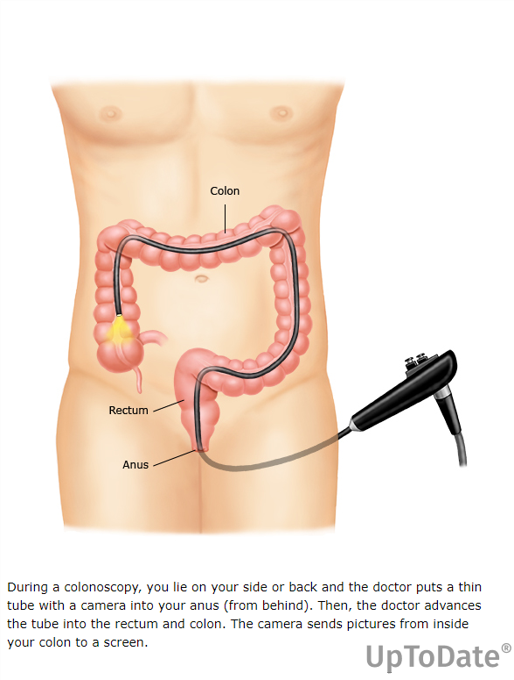
After the Procedure
- You’ll be monitored in a recovery area until the sedation wears off.
- You may feel bloating, gas, or mild cramping for a few hours due to the air used to inflate the colon during the exam.
- Most patients can resume normal activities by the next day, but avoid driving or operating machinery for 24 hours.
- Your doctor will discuss the findings with you and let you know when to expect biopsy results if samples were taken.
Risks and Safety
Colonoscopy is a safe procedure, but like any medical test, it carries some risks:
- Bleeding (particularly if a polyp is removed)
- Perforation (a rare tear in the bowel wall)
- Adverse reactions to sedation
These complications are uncommon, and your care team will take steps to minimize any risks.
Frequently Asked Questions (FAQs)
Will it hurt?
No, you’ll be sedated and should not feel pain during the procedure. Some mild discomfort or gas afterward is normal.
Can I go to work the next day?
Most people return to work and normal activities within 24 hours.
How often do I need one?
If no polyps are found, your next screening might be in 10 years. If polyps are found, your doctor may recommend a shorter follow-up interval.
Do I still need a colonoscopy if I feel fine?
Yes. Colon cancer often develops without symptoms in its early stages. That’s why routine screening is important—even if you feel healthy. Early detection greatly improves the chance of successful treatment.
Can I have a colonoscopy during my period?
Yes, it’s safe. Just wear a pad, not a tampon, during the procedure.
What if I throw up the bowel prep?
Stop and call your doctor—they may adjust your prep or give alternate instructions.
Can I take chewing gum or mints before the procedure?
No. Avoid chewing gum, mints, or candy within a few hours of the procedure.
Can I brush my teeth on the day of the colonoscopy?
Yes, just don’t swallow any water or toothpaste.
When can I eat after the procedure?
Usually right after you’re fully awake although it is recommended to start with light food and advance as tolerated.
Can I have a colonoscopy while pregnant?
It’s rare and only done if medically necessary. Discuss risks with your provider.
Can I drink alcohol the day before my colonoscopy?
No. Avoid alcohol as it can dehydrate you and interfere with sedation.
Can I get a colonoscopy during a cold or minor illness?
It depends—contact your provider to reschedule if you’re sick.
Helpful Resources and Support
- American Cancer Society – Colonoscopy Info
- Colorectal Cancer Alliance
- Mayo Clinic: Colonoscopy Overview
- National Institute of Health: Digestive Health
Have Questions?
If you’ve been scheduled for a colonoscopy or are wondering if one is right for you, reach out to your healthcare provider. Our team is here to walk you through each step of the process and ensure you feel informed, safe, and supported.
